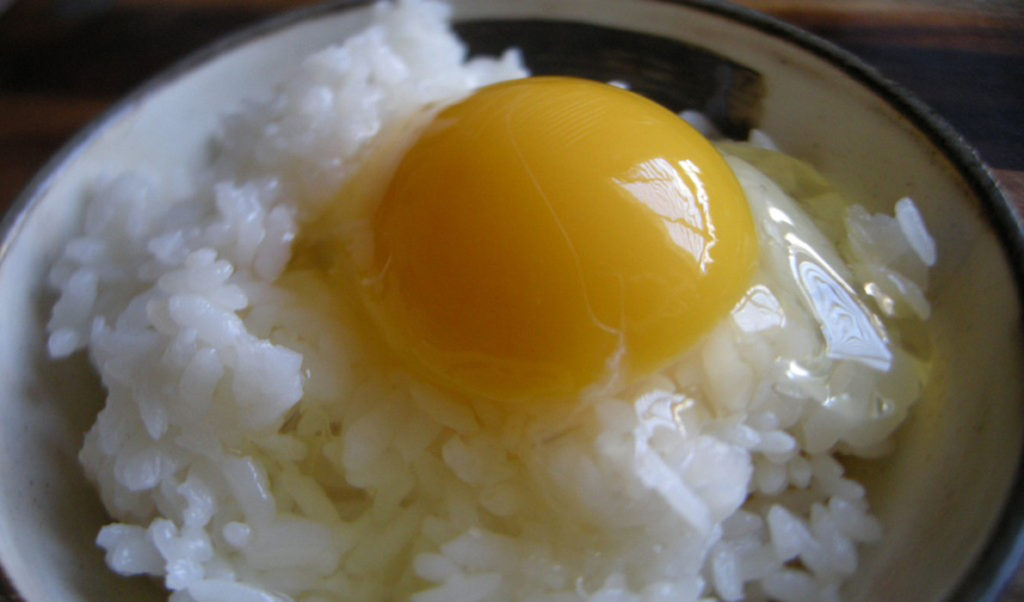It’s OK to eat eggs again.
Thank goodness. In fact, it is even fashionable.
About 20 years or so ago, eggs were put on the Bad For You list. Cholesterol, of which eggs have quite a bit, was the culprit, apparently. Predictably, egg alternatives showed up in the marketplace because there is always some product or other that fills the niche vacated by whatever food it is producing anxiety at the moment.
Now eggs are described as nature’s perfect food, and the Harvard Medical School has given them a clean bill of health. Why? They have significant amounts of Vitamins A, B5, B12, and 2, plus D, E, K and B6. Plus filate, phosphorus, selenium and something called choline (good for brains), and lots of good protein.
Best of all, the cholesterol they have apparently doesn’t affect blood cholesterol. One set of guidelines says you can safely eat three eggs a day. The American Egg Board must be ecstatic. I suppose I would be, too, but I never stopped eating them because I am chronically skeptical about phobias and fads.
Added to those concerns a few years ago was worry about salmonella. And we were supposed to temper eggs for use raw to get them to a high enough temperature to kill off the bad stuff. Infected eggs are mostly caused by the vile practices employed by egg producers which has led in recent years to new rules for cleanliness in massive egg production facilities, plus free-range, cage-free, organic, etc. eggs.
Lots of Islesboro people raise eggs, and so do people on other Maine islands. Makes perfect sense. Chickens are pretty adept at finding their own dinner, and will happily flock around a pile of compostables, i.e. garbage, tossed out to them as humans have done for centuries, and they eat grass, too, though so randomly that it is not helpful in the mowing department.
They love cutworms, and other little critters that I can’t see but that I notice the chickens find. The hens patrol, tails up like little rudders in the wind, obsessively scratching all around the property. My neighbor Nancy and I are pretty convinced the chickens are doing a number on the ticks. I hope that is not just a superstition.
I keep my coop pretty clean, and make sure I gently wash the inevitable poop off the shells. Eggs don’t come with a sell-by date, but we eat them so fast around here that that is hardly a concern. I’d rather eat an egg or three than a burger any day. Soft boiled and buttered on rice, scrambled with a side of toast, boiled and broken up into salad. Even when eggs were most subject to demonization, I noticed at parties and potlucks that deviled eggs were Hoovered up at astonishing rates of speed.
A couple of my favorite food websites (including one called Food52) are now advocating eggs dropped onto a pile of greens, or into a bowl of noodles, especially soba or rice with vegetables, or chili (like huevos rancheros) or Indian curry dishes. If you are trending towards greater vegetable intake, apparently, eggs are a great way to amp up the protein in a less-meat diet. I think that is spectacularly good news.
Dinner out at a restaurant dedicated to local fare in southern Maine offered up a lovely tasting menu which featured a sampler plate of various kinds of stuffed eggs, including one with egg yolk and chicken liver mousse, which was fabulous and wouldn’t have sold very well a few years ago. It warms my egg-loving heart to see this kind of egg-innovation.
The downside to chicken and egg raising is predators. Out here in Penobscot Bay, we now have a healthy population of eagles which regard chickens as an ideal take-out dinner. Owls and hawks grab baby chicks for a snack. From time to time, mink or fishers turn a chicken coop into a heart-breaking shambles. One chicken-keeper I know has a single Guinea rooster who stands sentry making that awful racket Guinea fowl are famous for when he spots danger on the wing. The hens all seek shelter when the alarm goes off.
It is good to see eggs’ reputation rehabilitated. I suppose it is only a matter of time when gin and T-bone steak will be found to have valuable trace minerals, or some heretofore undiscovered beneficial fatty-acid necessary for wholesome living. Meanwhile, I am going to cook the second of my three-a-day eggs for lunch, and see if the hens want anything.
Sandy Oliver is a food historian who cooks, writes and lives on Islesboro.





